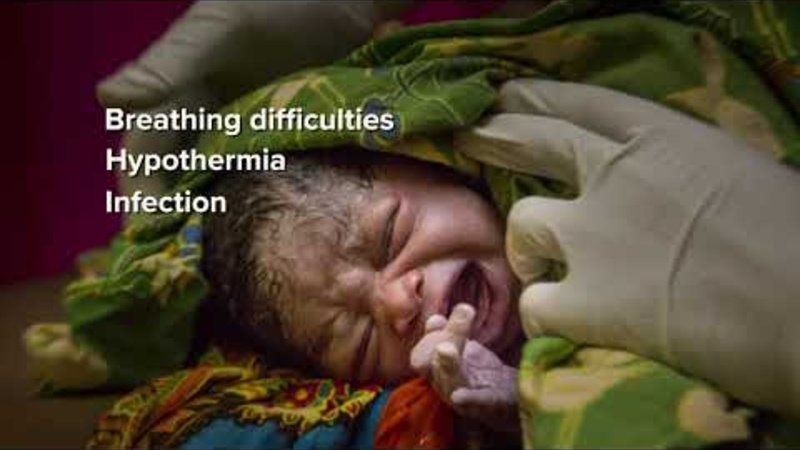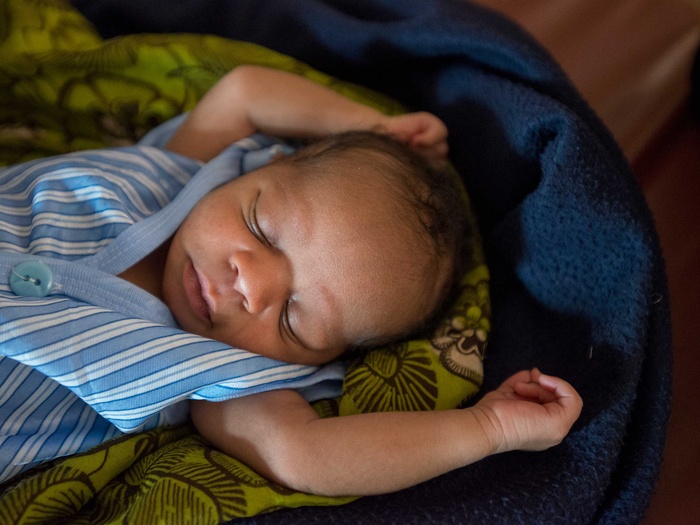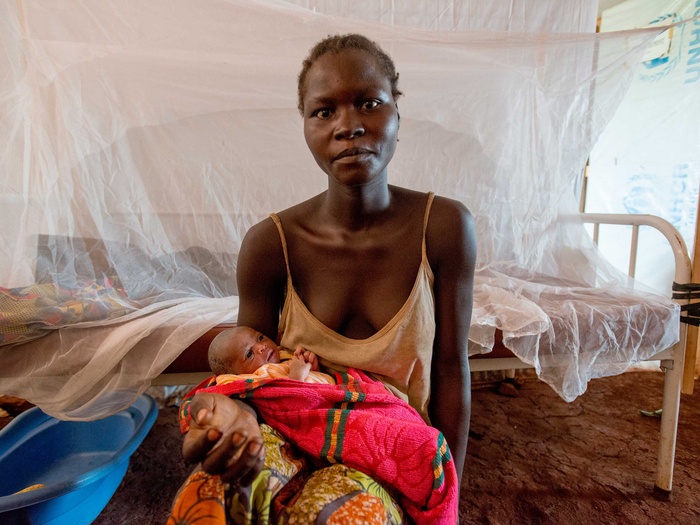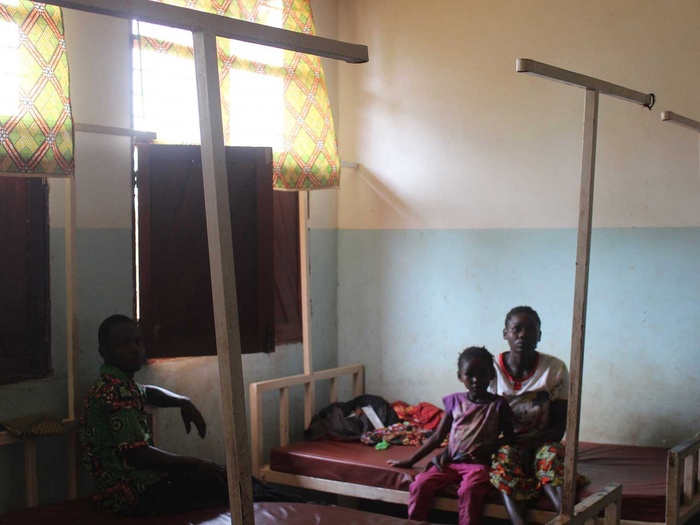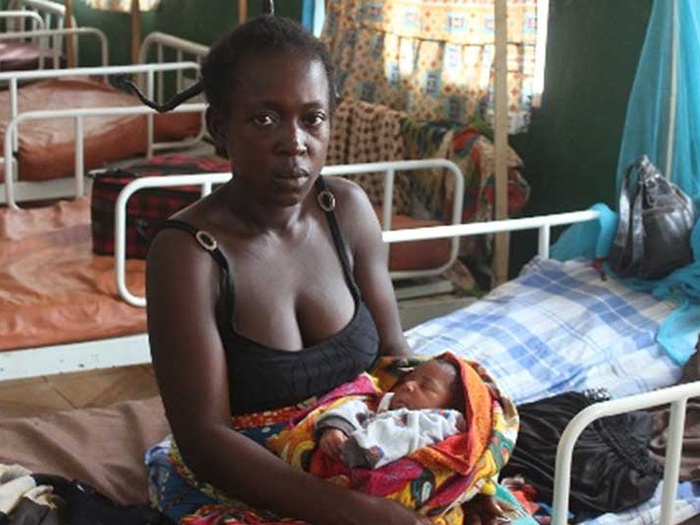A safe beginning for every newborn
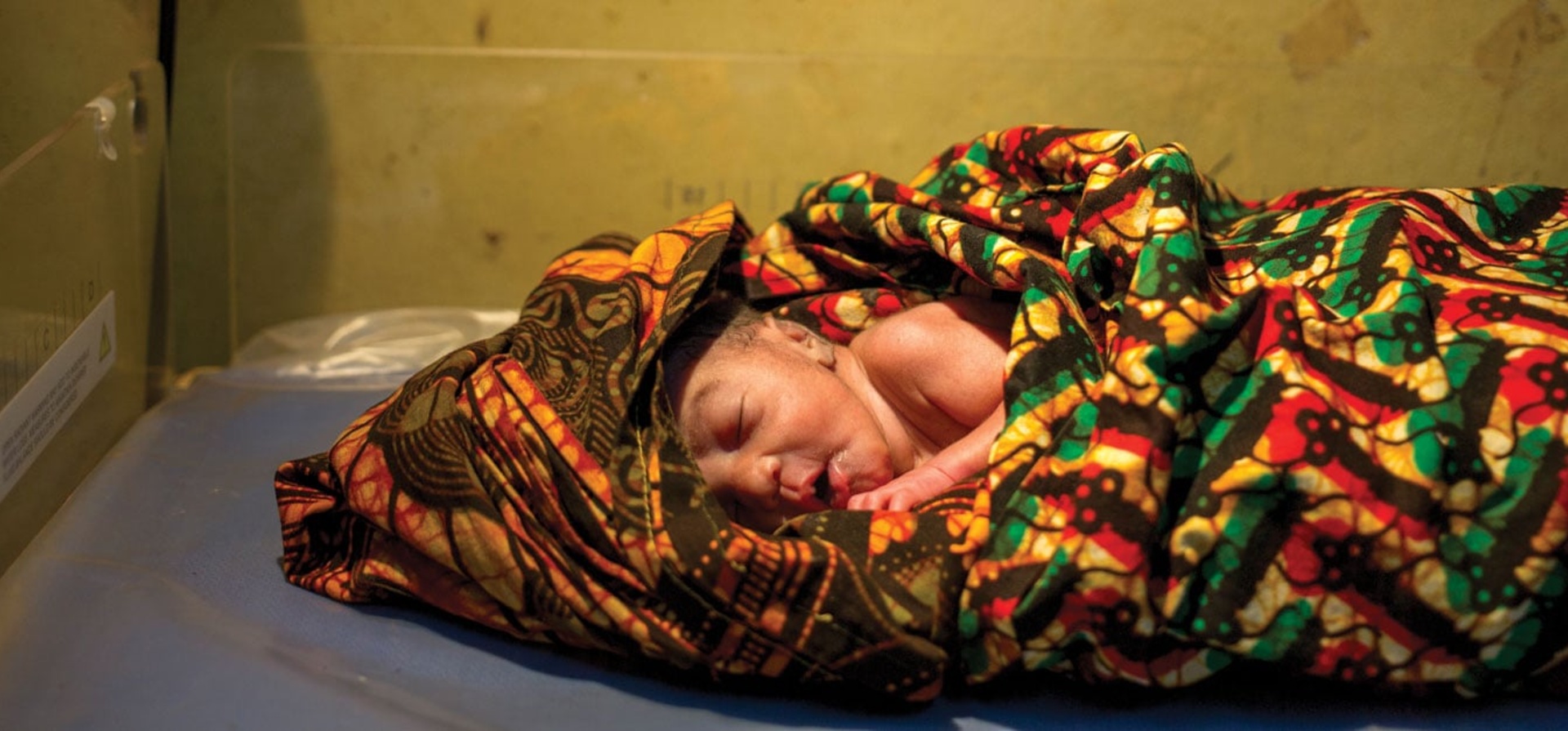
A safe beginning for every newborn
The Democratic Republic of the Congo (DRC) is one of the riskiest places in the world to be born.
Every year, 96,000 newborns die before the end of their first month of life. Up to half of these babies don’t survive their first 24 hours.
Breathing problems, hypothermia and infection are the three big killers. Premature and low birthweight babies are most at risk. So are those born in remote and unsanitary places, miles from the nearest health centre or hospital.
For pregnant refugee women in the DRC – many of whom have fled from violence in neighbouring Central African Republic – childbirth is literally a matter of life or death.
You can help save the lives of newborns in the DRC.
Three simple actions in the first 60 minutes after birth – the ‘Golden Hour’ – dramatically increase a baby’s chances of survival.
- Resuscitation techniques for newborns with breathing difficulties.
- Skin-to-skin contact to stabilise their body temperature.
- Umbilical cord care using a safe antiseptic to stop infection.
Staff in even the humblest health centres – which often lack not only basic amenities but reliable electricity and clean running water – need to be skilled in these three simple steps. Your donation today can help provide this critical training, along with medical supplies and life-saving equipment.
No child should die just as their life is beginning.
Please bring life-saving obstetric care to vulnerable refugee mothers and newborns in the DRC.
Text and media 16
Your donations in action
Jonathan just survived the most dangerous hour of his new life.
Text and media 17
Malnutrition and anaemia can dramatically increase a mother’s risk of post-partum haemorrhage.
Women fleeing conflict are often poorly nourished and many give birth in remote places. If things go wrong, they can find themselves out of reach of a health centre or hospital.
With your support, UNHCR can help purchase an ambulance for hospital transfers, giving mothers and babies access to the emergency care they need.
Text and media 18
This community health centre in the DRC cannot properly care for pregnant women because they lack the necessary equipment and staff trained in obstetric care.
Health facilities in remote and war-torn regions can lack the most basic amenities – not just medical equipment but clean running water and electricity.
This health centre near Inke camp offers pregnant women a ‘maternity ward’. The room consists of plastic mattresses on metal bedframes.
With your help, UNHCR can train local staff in maternal and neonatal care, and provide proper delivery beds so that mothers can give birth in sanitary conditions.
Text and media 19
Sandra has just given birth and complains of persistent stomach pain.
Sandra’s local health centre currently has no painkillers to give her because of a shortage of essential medications. She won’t be able to stay long at the centre with her newborn – at most only a few hours.
UNHCR can help provide follow-up care for both mother and baby. With your help, community health workers can conduct home visits to support breastfeeding, cord care and the health of the mother.


